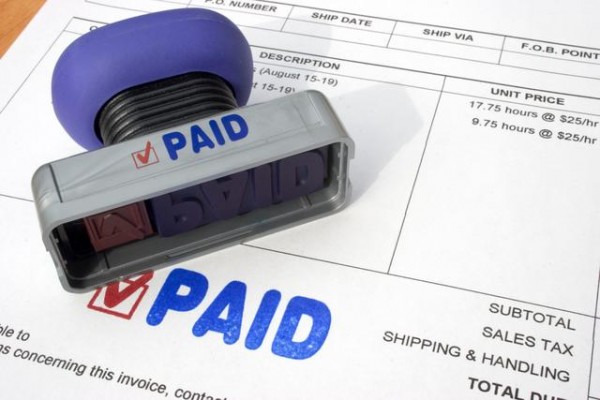
| Date Published | February 24, 2014 |
| Company | Stormhold Energy Ltd. |
| Article Author | Chadd Radke |
| Category | Articles |
| Tags | Inflated Invoices, Invoice Sequence, Procurement Fraude, Round Dollar Invoice |
| HUB SEARCH | Stormhold |
 Inflated Invoices, duplicate service providers, and offside transactions.
Inflated Invoices, duplicate service providers, and offside transactions.
Don’t be surprised when you read this article as I touch on “under the table transactionsâ€, which involve multiple onsite services, servicing for cash percentages, following individuals, and over budget AFE/Authorization for Expenditure inside the Calgary oil and gas industry. Pressures and incentives, opportunity and rationalization – it’s the recipe for potential corruption.
Abuse within the procurement services is common and can be damaging from the magnitude of potential losses to the reputational damage that can occur from a loss of trust of the stakeholder’s investors and other suppliers.
Consider an employee through many years of service in procurement. The service industry has gained the trust of vendors and has an intimate knowledge of the control system and any gaps that may exist. Almost effortlessly, he could approach a vendor to inflate invoices and direct payments to his personal bank account. This happened to Stormhold Energy Ltd. not that long ago and is still under criminal investigation.
As management works through the turbulence, corners may be cut due to the criminal activity of contract consultants who, at one time, were trusted. Less staff resources may be available due to these cutbacks, and the demands on experienced staff’s time may be split between multiple departments.
In either scenario, the offender justified his actions by many insanities such as, “The company won’t miss this†or, “It’s owed to meâ€. This past consultant and his counterpart did not have the best interests of the company in mind, and his attitude and abuse of authority was and is damaging to all shareholders and invested parties.
It becomes more challenging to stay two steps ahead of the unethical people. It is very true most payments to vendors are legitimate, but consider what it would mean to your business if even a small proportion of such payments were under the table transactions. Fraud does not discriminate by geography or industry.
Companies must recognize this and be extra diligent in managing these relationships industry wide. Procurement fraud is something that simply cannot be ignored. Companies should reduce the opportunity for employees to not act in the company’s best interest by increasing the risk of being caught. This added risk to the individual can act as a rather convincing deterrent as criminal charges will result.
The first step in assessing the vulnerability of your procurement cycle and designing mechanisms to detect and prevent the fraud is to understand the common fraud schemes.
There are multiple themes and variations on approaches. Some of the more common schemes are as follows: Unannounced to your staff, a vendor, even one that is regularly providing legitimate services to your organization, may submit an invoice for services that were not provided or at rates higher than those agreed upon. In another scenario, kickbacks may be offered to personnel to approve fictitious charges. Again, this happened to Stormhold Energy Ltd.
Companies need to invest in the appropriate time and due diligence in performing a detailed fraud risk assessment surrounding the procurement process. In your business and industry today, what are the risks that pose the most significant threats? The answer to this question is ever evolving and requires regular evaluation. Making staff accountable for the performance of these controls is also fundamental in ensuring their effectiveness.
At a very practical level, one of the weaknesses common to many of the most basic (and easily preventable) schemes is control over a company’s vendor listing. Adding vendors or changing vendor information needs to be tightly controlled. As well as speaking with vendors, unannounced vendor meetings and onsite checks are crucial.
LOOK OUT FOR!
• Round dollar invoices
• Absence of appropriate invoices
• Poor documentation of expenditures
• Consistent use of a vendor who is delivering poor quality services
• Duplicate invoices
• Excessive entertaining
• Off-hour services
• Out-of-sequence invoice numbers
• Low initial bids followed by excessive changes
• Cheques set aside for pick-up
The procurement/vendor cycle is fundamental to the profitability of your organization, especially in times when the industry is challenged. Focus on cost control and unnecessary cash flow leakage from fraud and or kickbacks. These kickback criminals run rampant, and they need to be stepped on to protect our industry. You can help yourself by implementing certain simple controls in place.
Please follow my next article when I touch on international influences, resources versus reserves, and strategic relationships using social media.